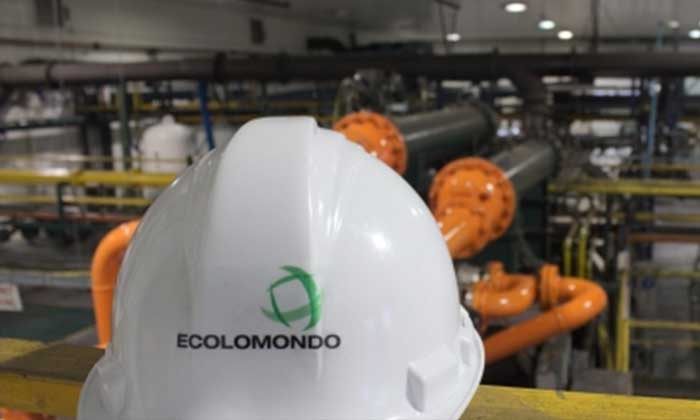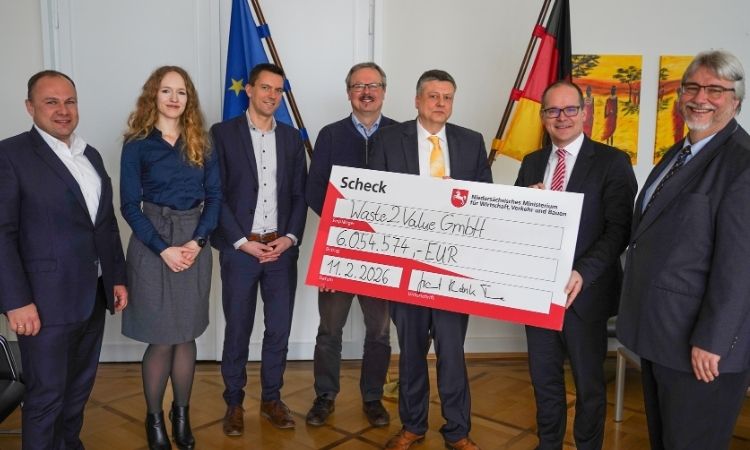Wastefront secures strategic partnership with Weber & Schaer for rCB supply
Wastefront AS has announced a significant partnership with Weber & Schaer, one of Europe's largest distributors of rubber industry products, for the offtake and on-sale of their Recovered Carbon Black (rCB). According to Wastefront, this agreement secures a fully circular supply chain for end-of-life tires (ELTs) in the UK. The deal initially covers a minimum of 35% of rCB produced at Wastefront's Sunderland plant, with potential for future expansion.
By manufacturing renewable fuels and new tires using ELTs and rCB, Wastefront moves closer to its goal of creating a Green Global Industrial Platform. With Weber & Schaer's expertise in rubber, carbon black, plastic, and adhesives distribution across Europe, Wastefront's ELT solution contributes to the global circular economy while expanding into new markets.
The agreement is particularly significant given the EU sanctions limiting imports of carbon black from Russia (a sizable amount of the carbon black utilised in Europe is produced in Russia, Ukraine, and Belarus). With the carbon black market projected to grow significantly, domestic production of rCB becomes crucial. Wastefront has already established key partnerships to develop its circular supply chain, including agreements with Vitol and Technip Energies.
Furthermore, Wastefront has partnered with Gateway Resources and ENSO to guarantee the supply of ELTs and establish a global presence for the offtake and on-sale of their rCB. Through these strategic alliances, Wastefront has built a blueprint ready to scale its Green Global Industrial Platform beyond the Sunderland plant.
In addition to completing its circular supply chain, Wastefront is actively engaged in research and development with partners such as Hulteberg and Newcastle University to optimize processes and enhance their rCB. The company's pyrolytic reactors utilize pyrolysis to break down tire materials, producing rCB along with other by-products. Once fully operational, Wastefront's Sunderland plant will process a significant portion of the UK's ELTs and contribute to reducing emissions.
With the aim of reducing pollution caused by landfilling or incinerating tires, Wastefront's Sunderland plant will have a capacity of processing 80,000 tons of ELTs per year, significantly mitigating CO2 emissions and generating sustainable power and low-carbon fuels for maritime transportation.
Overall, the partnership between Wastefront and Weber & Schaer marks a crucial step towards achieving a circular supply chain and making a positive impact on the environment through the utilization of recovered carbon black.
To find out more, proceed to Wastefront’s article.
Weibold is an international consulting company specializing exclusively in end-of-life tire recycling and pyrolysis. Since 1999, we have helped companies grow and build profitable businesses.









